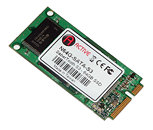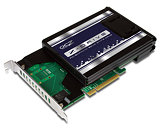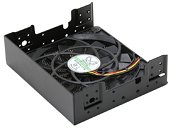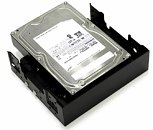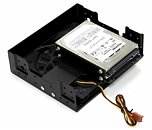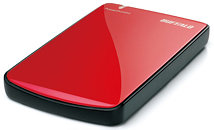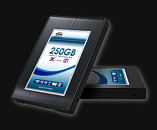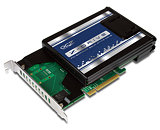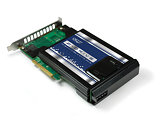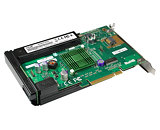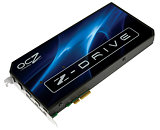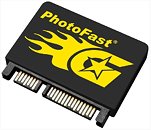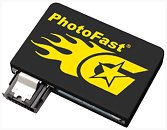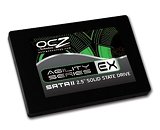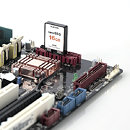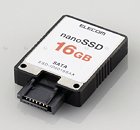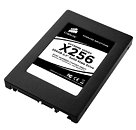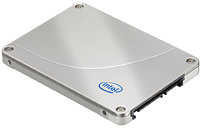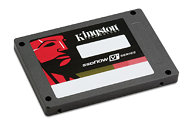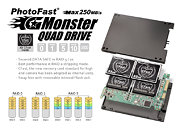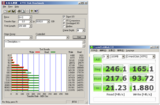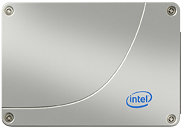
Toshiba Adds 32 nm mSATA and Half-slim Solid State Drive Modules
Toshiba America Electronic Components, Inc. (TAEC), a U.S. marketing arm of Toshiba Corporation for electronic components, today announced a series of solid state drive (SSD) modules using the latest generation Toshiba 32nm MLC NAND flash, at Intel Developers Forum 2009. The Toshiba SG2 modules are offered in two types, one based on the new low-profile mini-SATA (mSATA) interface standard and the other a Half-Slim type, which uses a SATA connector. The drives are available in 30GB1 and 62GB modules. Volume production will start in October.
The two types of modules, each smaller than a business card, provide greater design flexibility and save space and cost compared to SSDs with hard disk drive form factors and cases. The 62GB module is only one seventh the volume and one eighth the weight of a 2.5-inch form factor SSD, and consumes half the power. With interface speeds up to 3 gigabits per second (Gb/s), a maximum sequential read speed of 180 megabytes per second (MBps)3,4 and a maximum sequential write speed of 70MBps,3,4 the modules will help bring the performance advantages of SSDs to notebooks, portable electronics and embedded systems. An advanced controller features a translation mode, which enables any drive configuration, and the drive supports 28-bit LBA (Logical Block Address) mode commands and 48-bit LBA mode commands. Multi-word DMA, Ultra-DMA modes and Advanced PIO commands are supported. The drives have an optional capability for secure Full Disk Encryption (FDE) backup that prevents unauthorized data access.
The two types of modules, each smaller than a business card, provide greater design flexibility and save space and cost compared to SSDs with hard disk drive form factors and cases. The 62GB module is only one seventh the volume and one eighth the weight of a 2.5-inch form factor SSD, and consumes half the power. With interface speeds up to 3 gigabits per second (Gb/s), a maximum sequential read speed of 180 megabytes per second (MBps)3,4 and a maximum sequential write speed of 70MBps,3,4 the modules will help bring the performance advantages of SSDs to notebooks, portable electronics and embedded systems. An advanced controller features a translation mode, which enables any drive configuration, and the drive supports 28-bit LBA (Logical Block Address) mode commands and 48-bit LBA mode commands. Multi-word DMA, Ultra-DMA modes and Advanced PIO commands are supported. The drives have an optional capability for secure Full Disk Encryption (FDE) backup that prevents unauthorized data access.

